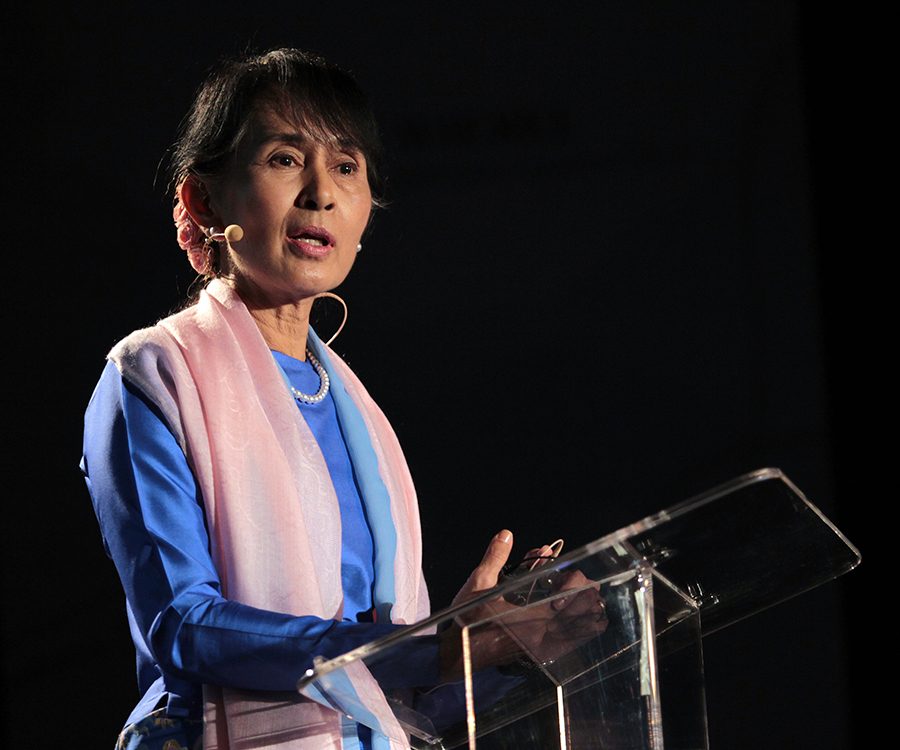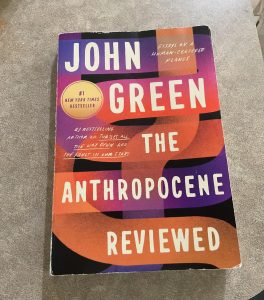Aung San Suu Kyi
Aung San Suu Kyi speaks on her fight for democracy in San Francisco. Kyi, inspired by Martin Luther King Jr. and Ghandi, has become an international symbol for freedom. She once called for countries across the world to pressure Myanmar into becoming more democratic and continues to improve conditions there.
March 6, 2017
Aung San Suu Kyi was raised in a family that carried the tradition of reform, a tradition which she carried on herself for decades in Myanmar. Daughter of assassinated independence hero General Aung San and ambassador to Delhi Daw Khin Kyi, Kyi left her native Myanmar as an adolescent.
She studied abroad at Oxford University, where she met her future husband, and ultimately settled in the UK where she married and raised two sons.
However, she was called back to Myanmar to care for her mother just as the country fell into political turmoil and unable to just sit back and watch, Kyi quickly became a leader in the movement for democracy.
She traveled across the country advocating for peaceful reform and free elections, displacing the then-dictator as the general-secretary of the National League for Democracy (NLD) even after the military forbade it. The party won overwhelming success despite the military’s refusal to acknowledge it.
In 1988, Kyi was placed under house arrest as the military suppressed the movement, where she would remain and speak out for the next six years, unable to see her family still abroad. Over the next decade, she was released and rearrested multiple times while Nobel Laureates and the UN all petitioned for her release.
Kyi was released for the last time in 2010, and by 2012 she became the leader of the opposition party in Myanmar’s parliament, and the NLD received a majority of the parliament by 2016. She is currently barred from running for president because her sons hold foreign passports.
Now fighting for increased democracy, she is still in power and is currently being criticized internationally for failing to protect the Rohingya minority
She has received a Nobel Peace Prize and recognition from organizations all over the world for her fight.







